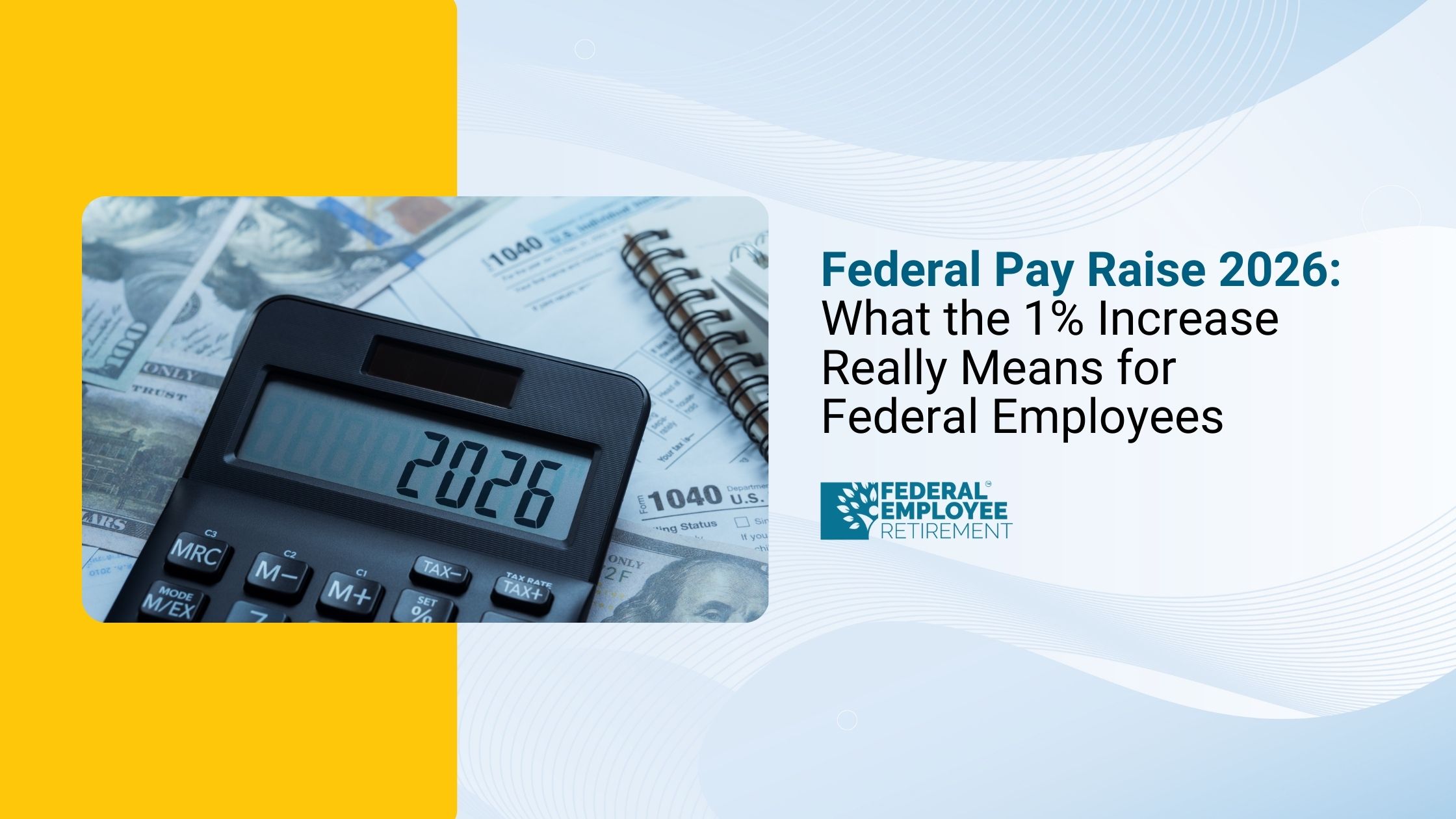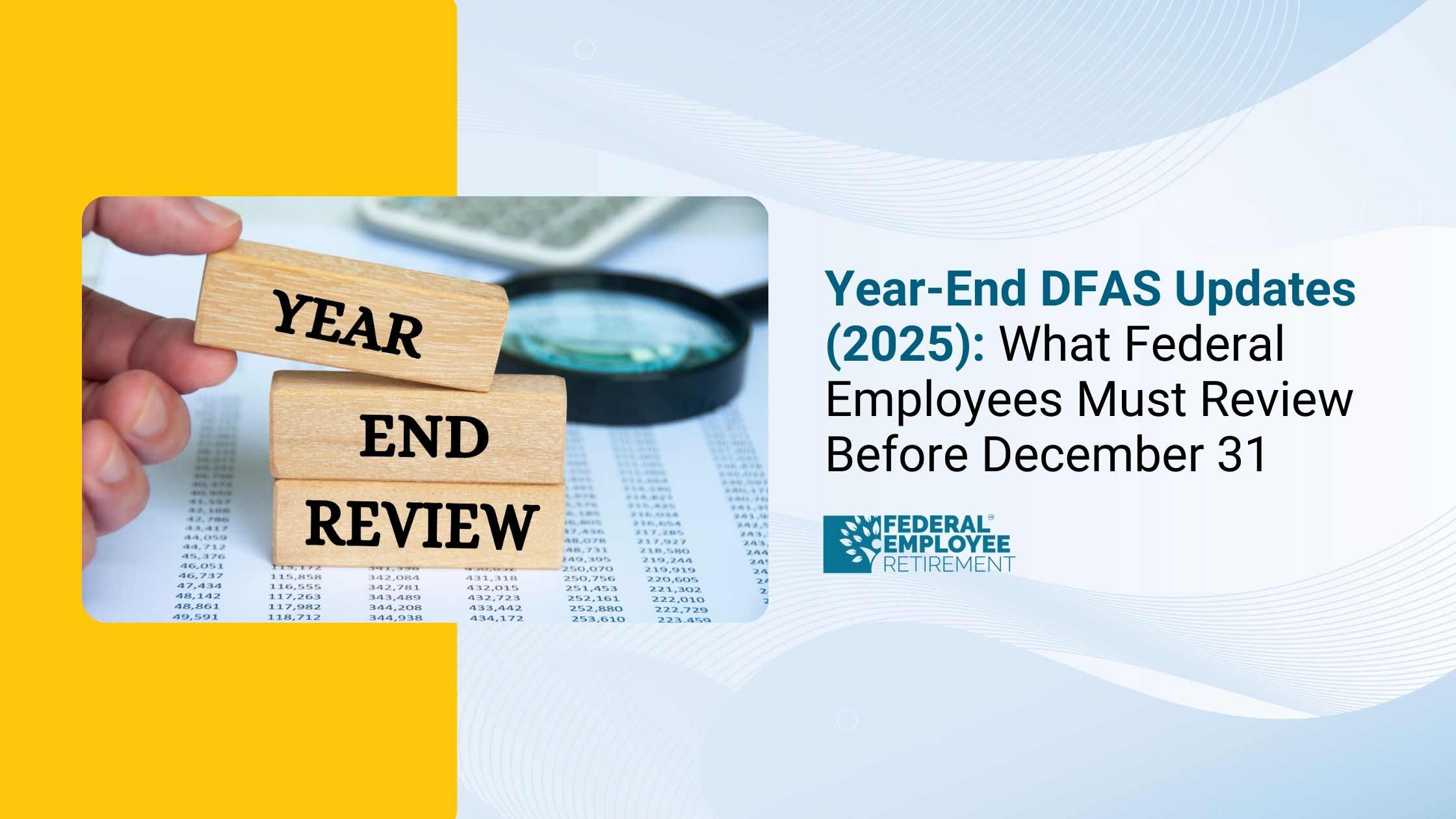Use Federal Pension Advisors' New Jersey paycheck calculator to find out your take-home pay for both salaried and hourly jobs. It helps you see how much you’ll actually take home after federal, state, and local taxes are deducted.
New Jersey Taxes: An Overview
New Jersey has a progressive income tax system, meaning that the tax rate increases with income. The rates range 6.62%, depending on how much you earn and your filing status. The highest tax rate in New Jersey is among the highest in the country.
New Jersey a Paycheck Calculator
New Jersey Paycheck Overview:
- State Income Tax Rates: 6.62%
- Average Household Income: $97,126, based on U.S. Census data
- Cities with Local Income Taxes: None
Understanding Your New Jersey Paycheck
Your employer also withholds federal income taxes from your paycheck. They use the information from your W-4 form to decide how much to take out for federal taxes. This amount depends on your marital status, salary, and any additional tax withholdings you’ve indicated.
The updated W-4 form has some major changes. It no longer uses allowances. Instead, it asks you to enter annual amounts for things like non-wage income, tax credits, total taxable wages, and deductions. The new form also includes a five-step process for entering personal information, claiming dependents, and noting additional income and jobs.
New Jersey Median Household Income
Using a paycheck calculator New Jersey can also help you understand how often you get paid and how taxes will impact your take-home pay.
How You Can Affect Your Paycheck Calculator New Jersey
A lot of people aim to increase their paycheck, and there are ways to do that, such as asking for a raise or working extra hours if you’re eligible for overtime. However, sometimes it might be beneficial to actually reduce your take-home pay. For example, if you contribute more to a pre-tax retirement account like a 401(k) or 403(b), you'll be saving for the future while lowering your current taxable income. The money you put into these accounts is deducted from your paycheck before taxes are applied, which means you’ll pay less in taxes now. Although your monthly paycheck will be smaller, you'll end up saving more in the long run.
Another reason to accept a smaller paycheck is if you often face a big tax bill in April. This might mean you’re not withholding enough taxes throughout the year. To avoid a large tax bill, you can ask your employer to withhold an extra amount from each paycheck, like $50. This way, you'll spread out your tax payments and avoid a large lump sum payment at tax time.
Most Paycheck Friendly Places in New Jersey
Why Use a Paycheck Calculator New Jersey?
Understanding your take-home pay is essential for effective budgeting and financial planning. A paycheck lculator ew ersey simplifies this process by accurately determining your net pay. It considers various deductions such as federal taxes, state taxes, Social Security, Medicare, and any pre-tax deductions like health insurance or retirement contributions. Using a New Jersey paycheck calculator talred to Connecticut’s tax regulations ensures that all relevant state-specific factors are included in your calculations. And not only this but other states paycehck calculators such as utah paycheck calculator, Michigan etc, can also help on their respective states.
What is Gross Pay and Net Pay?
Gross pay is the total earnings before any taxes or deductions are subtracted. This calculator will take your gross pay and calculate the net pay, which is the amount you take home after taxes and deductions.
Gross Pay - Taxes - Benefits/Deductions = Net Pay (Take-home Pay)
What is Pay Frequency?
Pay frequency refers to how often employers pay their employees. It initiates the payroll process and determines when payroll is run and taxes are withheld.
If I Live in New Jersey but Work in Another State, How Do I Calculate My Taxes?
If you're a non-resident filing a tax return in New Jersey, you'll need to report all income earned from sources within the state, such as wages, interest, dividends, and capital gains. New Jersey applies an apportionment formula to determine the portion of your income that is taxable in the state, usually based on the ratio of your New Jersey-sourced income to your total income.
For other states where you work, you’ll need to file a tax return in that state and report all income earned there. Employers in other states will likely withhold taxes according to that state’s tax laws.
Non-Resident State Tax Return:
As a non-resident, you'll also need to file a tax return in the state where you work, reporting only the income earned in that state. The amount of tax due will depend on that state’s specific tax laws.
What Are Pre-tax and Post-tax Deductions?
Pre-tax deductions are subtracted from your income before federal and state withholding taxes, which lowers your taxable income. In contrast, post-tax deductions are taken after taxes are applied; an example of a post-tax deduction is a Roth 401(k). Exploring available deductions and credits, such as contributions to retirement accounts, could help reduce your taxable income.
How Can I Reduce My Taxes?
Explore deductions and credits available, such as contributions to retirement accounts, to potentially lower your taxable income.
Which States Don’t Have a State Income Tax?
Nine states—Alaska, Florida, Nevada, New Hampshire, South Dakota, Tennessee, Texas, Washington, and Wyoming—do not impose a state income tax. However, this exemption generally does not cover bonuses.
What Was Updated in the Federal W4 in 2024
The tax return form now references a new tax withholding estimator for individuals (and their spouses) with self-employment income. The IRS has also updated the 2024 Deductions Worksheet amounts. Recent tax law changes, particularly the Tax Cuts and Jobs Act of 2017, have significantly altered the tax code, leading to modifications in the W-4 to ensure accurate withholding calculations.
Why the Changes?
The IRS continually aims to simplify the W-4 form for ease of use and to improve the accuracy of withholding. This helps reduce the chance of underpayment or overpayment of taxes. Updates reflect changes in income tax brackets, standard deduction amounts, and other economic factors that influence withholding needs, making it essential to adapt the W-4 accordingly.
What is the Gross Pay Method?
When considering gross pay, the method used distinguishes between whether it's an annual amount or a per period amount. For hourly employees, the per period amount typically refers to the gross pay received each payday, while the annual amount represents the total gross pay for the entire year.


Get Updated
Subscribe to our weekly updates for the latest on retirement planning, federal benefits, exclusive webinars, and more!
Download Federal Retirement: Step-by-step Checklist
This comprehensive guide will help you understand your federal benefits, optimize your savings, and plan for a comfortable future.
Recent Post's
New Jersey Paycheck Calculator FAQ
How do I use the paycheck calculator New Jersey?
Follow the pre-filled paycheck calculator New Jersey. Enter your withholdings, allowances, and filing status. The calculator will then show your estimated take-home pay!
Is the paycheck calculator New Jersey accurate?
Yes, but these are just general estimates and not the final numbers. They should be used as a guide for what to expect.





